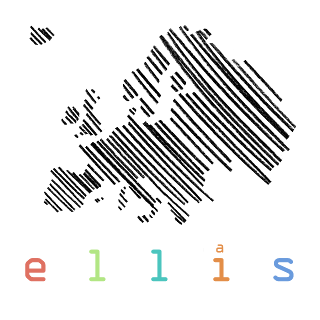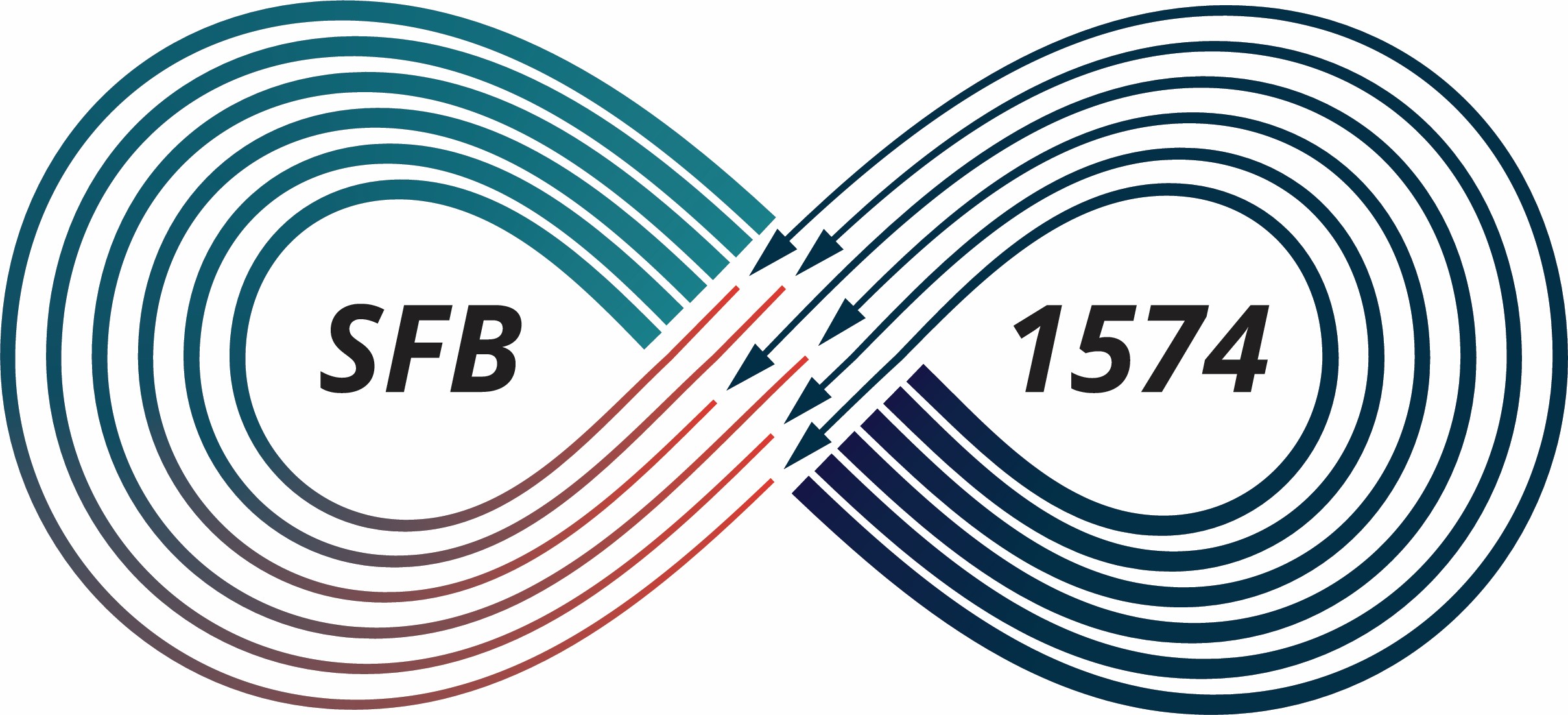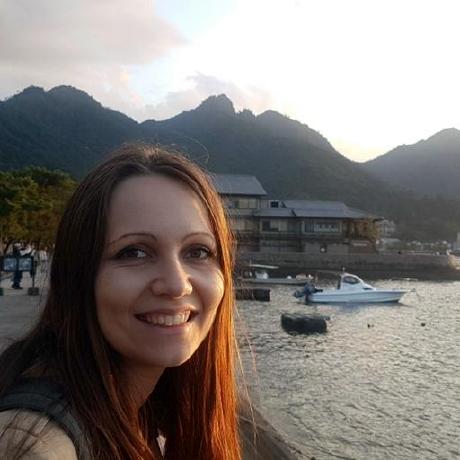Welcome! I am a full professor at the University of Hildesheim, where I am building the new Intelligent Assistive Systems (IAS) group. My research advances deep learning for data-efficient, uncertainty-aware, and adaptive visual and multimodal perception of humans. We target impactful applications in assistive systems, autonomous driving, and robotics. Before I came to Hildesheim, I was assistant professor at the University of Stuttgart. I am also a member of the European Laboratory for Learning and Intelligent Systems (ELLIS).
News
New Chair & Group
I joined the University of Hildesheim as Full Professor for Machine Learning and am establishing the Intelligent Assistive Systems group. 🎉
September 2025
ICRA 2024 Keynote Talk
I gave a keynote at the ICRA Long-term Human Motion Prediction Workshop. Thank you to the organizers!
May 2024
About Me
Research
With the accuracy of CNNs and Transformer models gradually reaching the ceiling, the gap between published methods and their deployment in practice raises questions about overlooked aspects of performance. My goal is to go beyond static top-1 accuracy and build human activity and behavior recognition models that (1) assign the correct category, (2) reliably identify incorrect predictions and unknown situations, (3) trace back causes of failure, and (4) adapt to new concepts with minimal labeling effort. I focus on algorithms for challenging open-world applications, including assistive systems, autonomous driving, and robotics. Core topics include:
- Deep Learning and Computer Vision for Intelligent Vehicles and Robotics
- Visual and Multimodal Perception of Humans (Activities, Intentions, Emotions and Beyond)
- Uncertainty-aware and Interpretable Recognition
- Open Set and Open Domain Recognition
- Data-efficient Recognition, Zero- and Few-Shot Learning
- Simulation- and Knowledge-enhanced Learning
- Applications for Human Assistance (e.g., Computer Vision for the Blind), Health Monitoring, Physiological Analysis and Medical Diagnostics
Short CV
- Since September 2025: Full Professor (W3) of Machine Learning, University of Hildesheim. Head of the Intelligent Assistive Systems group.
- Since August 2023: Faculty member of the International Max Planck Research School for Intelligent Systems (IMPRS-IS).
- June 2023 – August 2025: Tenure-Track Assistant Professor – Autonomous Sensing and Perception Group, University of Stuttgart.
- April 2023 – May 2023: Visiting Researcher – Chair for Sustainable Transport Logistics 4.0, Johannes Kepler University Linz, Austria.
- April 2021 – May 2023: Postdoctoral Researcher – Lead of the Activity Recognition Group at CV:HCI.
- PhD: Karlsruhe Institute of Technology (summa cum laude), April 2017 – April 2021. Topic: "Uncertainty-aware Models for Deep Learning-based Human Activity Recognition and Applications in Intelligent Vehicles." Referents: Prof. Dr.-Ing. Rainer Stiefelhagen (KIT, IAR) and Prof. Dr. Mohan Trivedi (University of San Diego). IEEE ITSS Best Dissertation Award 2021 (second prize). Manuscript available upon request.
- PhD internship: Facebook Zurich – Computer Vision for AR/VR, September 2020 – November 2020.
- Consultant: MHP – A Porsche Company, Big Data & Analytics, 2016 – 2017.
- M.Sc. in Computer Science: Technical University Munich, 2013 – 2015.
- Student Assistant: fortiss GmbH, developing human-robot interfaces for industrial robotics, 2014 – 2015.
- Erasmus studies: Chalmers University of Technology, Gothenburg, Sweden, 2012 – 2013.
- B.Sc. in Computer Science: Technical University Munich, 2009 – 2012.
Scholarships & Awards
- Elite program for PostDocs of the BW Foundation (accepted for 2023) – Baden-Württemberg Foundation, Dec 2022.
- Best Dissertation Award (first prize) – IEEE ITSS Germany PhD Dissertation Award, June 2022.
- Best Dissertation Prize – KIT Faculty of Computer Science, donated by the Erika and Dr. Wolfgang Eichelberger Foundation, June 2022.
- Helmholtz Doctoral Award – yearly Helmholtz Doctoral Prize for mission-oriented research in the field "Information", Apr 2022.
- KIT Doctoral Award – yearly prize awarded by KIT to outstanding doctoral researchers, Dec 2021.
- Best Dissertation Award 2021 (second prize) – IEEE Intelligent Transportation Systems Society (ITSS), Sep 2021.
- Best Student Paper First Runner Up Award – Intelligent Vehicles Symposium (Paper: "Open Set Driver Activity Recognition"), Jan 2020.
- ECCV Women in Computer Vision Travel Grant for the presentation "Towards Human Activity Recognition in Autonomous Vehicles", 2018.
- Deutschlandstipendium – German national scholarship for talented students, 2014.
- Google Summer of Code (Point Cloud Library project), 2014.
- School-time – multiple awards at the Ukrainian Mathematical Olympiads (7th and 8th grade).
Funded Projects
- Smart Villages – Visual Recognition of Trees. Funding: LGL Baden-Württemberg. May 2024 – April 2025.
- SFB "Kreislauffabrik für das ewige Produkt", Sub-project "Visual Perception of the Human". Funding: DFG. Apr 2024 – Dec 2027.
- EXC 2120 IntCDC: "Visual Semantic Scene Understanding for Collaborative IntCDC Wood Building System". Funding: DFG, IntCDC. Jan 2024 – Dec 2025.
- EXC 2075 SIMTECH: "Resource-efficient Domain Adaptation and Simulation-Enhanced Learning in Spatiotemporal Data". Funding: DFG, Cluster of Excellence SIMTECH. Jan 2024 – Dec 2025.
- PRIDRIVE: Driver monitoring under privacy constraints. Funding: BW Foundation Elite Program for PostDocs. Jul 2023 – Dec 2025.
Past Projects (as Member)
- SmartAge – Untersuchung intelligenter Formen von Selbstregulation und Ko‑Regulation unter Realbedingungen (Carl‑Zeiss‑Stiftung, 2021 – ongoing). Role: team member; co‑supervision of a PhD student; technical coordination of the video-based human observation work package. Web: www.smartage-heidelberg.com.
- JuBot – Jung bleiben mit Robotern (Carl‑Zeiss‑Stiftung, since 2020). Role: team member; co‑supervision of a PhD student. Web: www.kcist.kit.edu/deutsch/123_1205.php.
- CC‑King – Competence Center KI‑Engineering (2020 – 2022). Role: team member; technical coordination of the learning‑from‑simulations work package. Web: www.ki-engineering.eu.
- ESKIMO – Mit künstlicher Intelligenz die Baustelle genau im Blick (BMBF, 2020 – 2022). Role: team member; technical coordination of the computer vision work packages. Web: www.eskimo-projekt.de.
- PAKoS – Personalisierte, adaptive kooperative Systeme für automatisierte Fahrzeuge (BMBF, 2017 – 2021). Role: team member; project implementation (human observation for driver assistance). Web: www.projekt-pakos.de.






